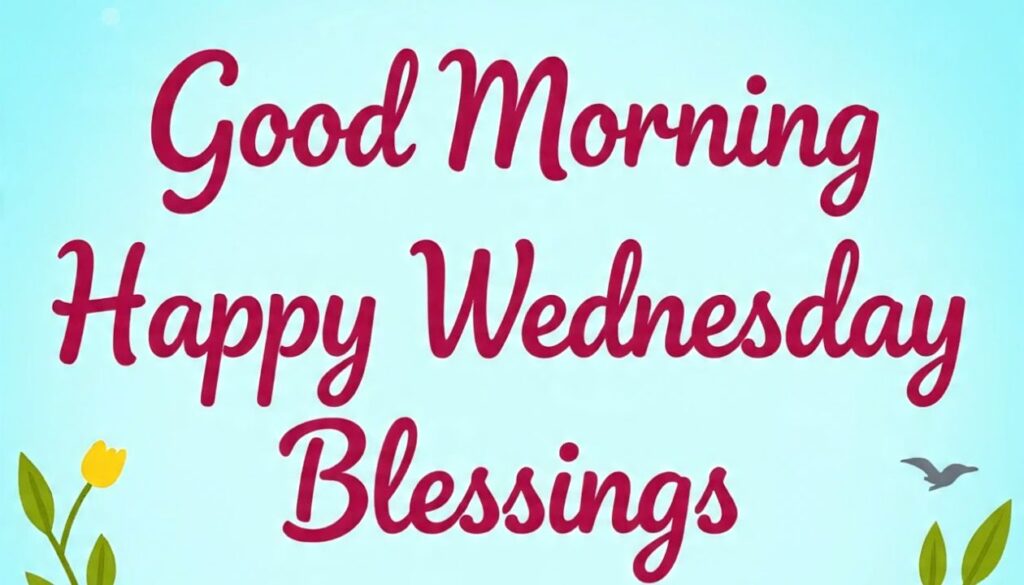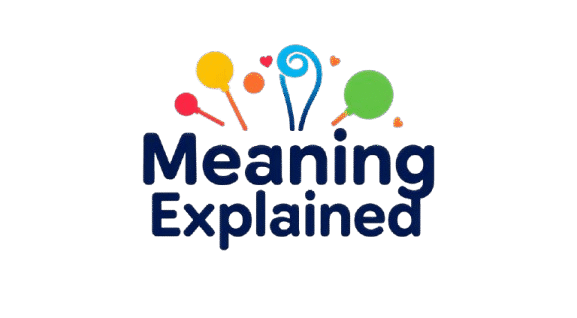Context is the background or setting that gives meaning to words or actions. It helps us understand what someone really means. Without context, things can feel confusing.
Knowing the meaning of context is important in communication. It shows us how words, ideas, or situations fit together. This makes understanding easier and clearer.
There are also different ways to explain or use context. Sometimes we use examples, synonyms, or simple alternatives. All of these help us grasp the full meaning.
What is the Definition of Context?
Context is the situation or background that gives meaning to something. It explains how words or actions should be understood. Without context, messages can feel unclear.
In language, context shows how a word fits in a sentence. In life, it explains why people act or speak in certain ways. It helps us see the bigger picture.
Understanding context makes communication easier. It avoids confusion and brings clarity. With context, we can better understand meaning and intention.
What Does Context Stand For in Text?

Context in text means the surrounding words and sentences that give meaning. It helps us understand what the writer is trying to say. Without context, words can be confusing.
Every word can have different meanings. Context shows which meaning is correct in that place. It connects the message so it makes sense.
Writers use context to make ideas clear. Readers use it to understand tone, mood, and purpose. It is the background that supports the main idea.
So, context in text is all about clarity. It guides us to the right meaning and avoids misunderstanding. With context, reading becomes easier and more complete.
Hiatus Meaning in Context Definition
A hiatus means a pause or break in something. It can be a short stop or a gap in time. The meaning often depends on the context where it is used.
In writing, a hiatus may refer to a gap between sounds or words. In daily life, it can mean taking a break from work, study, or routine. The context shows which meaning fits best.
Understanding hiatus in context makes the word clearer. It helps us see whether it is about language, time, or activity. With context, the true meaning becomes easy to grasp.
Why Context Matters in Communication

Context is the background that gives meaning to words and actions. It shows us how to understand what someone really means. Without context, messages can sound unclear or confusing.
In communication, context helps us know the tone, situation, and intention. The same words can mean different things depending on when and how they are used. Context makes the meaning accurate.
This is why context is so important in communication. It builds better understanding, reduces mistakes, and improves connection between people. With context, conversations become clear and meaningful.
How Tone and Context Work Together
Tone is the way words are spoken or written. It shows feelings like happiness, anger, or kindness. Context is the background that explains the situation.
When tone and context come together, the meaning becomes clear. The same words can sound different depending on tone and setting. Both are needed for true understanding.
In conversations, context tells us why something is said. Tone shows us how it is said. Together, they guide us to the right meaning.
Without tone and context, messages can be misunderstood. With them, communication is easier and more complete. They work hand in hand to share ideas clearly.
20 Real-Life Examples of Context Changing Meaning
- Bank – A place for money / the side of a river.
- Date – A day on the calendar / a meeting with someone / a fruit.
- Light – Something bright / not heavy.
- Bat – An animal / equipment for playing cricket or baseball.
- Ring – Jewelry / the sound of a bell / a place for boxing.
- Cold – Low temperature / an illness.
- Watch – To look at something / a device to tell time.
- Key – Something to unlock / important information / piano keys.
- Right – Direction opposite of left / correct / a legal freedom.
- Fall – To drop down / the autumn season.
- Well – A source of water / feeling healthy.
- Point – To indicate with a finger / a score in a game / an idea.
- Letter – A written message / a character of the alphabet.
- Book – Something to read / to reserve a ticket or seat.
- Match – A game / a small stick for fire / something that fits well.
- Season – A time of year / to add flavor to food.
- Fair – Just and equal / a place with rides and games / light in color.
- Seal – An animal / to close tightly.
- Park – A green area for people / to stop a car.
- Spring – A season / a coil that bounces / to jump suddenly.
Polite, Professional, and Casual Alternatives to Hiatus
Polite Alternatives
- Taking a short break
- A little pause
- A time to rest
Professional Alternatives
- Temporary suspension
- Interruption in progress
- Brief interval
Casual Alternatives
- Time off
- A quick stop
- Taking a breather
The Role of Context in Social Media and Texting
Context is very important in social media and texting. Short messages can be misunderstood without it. A few words alone may not show the full meaning.
Emojis, tone, and background details help add context. They show if a message is serious, funny, or kind. Without them, people may take it the wrong way.
That’s why context matters online. It keeps conversations clear and friendly. With the right context, messages are easier to understand and connect people better.
When Context is Missing: Why Miscommunication Happens
When context is missing, words can feel unclear. People may not know the real meaning behind what is said. This often leads to confusion.
Without background or tone, the same words can be understood in different ways. A message that was meant to be kind might sound rude or cold.
This is why miscommunication happens. Context gives us clues, and without it, we may guess the wrong meaning. Clear context helps avoid mistakes in communication.
Final Words
Context is the key to clear understanding. It gives words and actions their true meaning. Without it, messages can feel incomplete or confusing.
By learning how context works, we can communicate better. We see the meaning, the use, and even the right alternatives. With context, every message becomes clearer and more effective.

